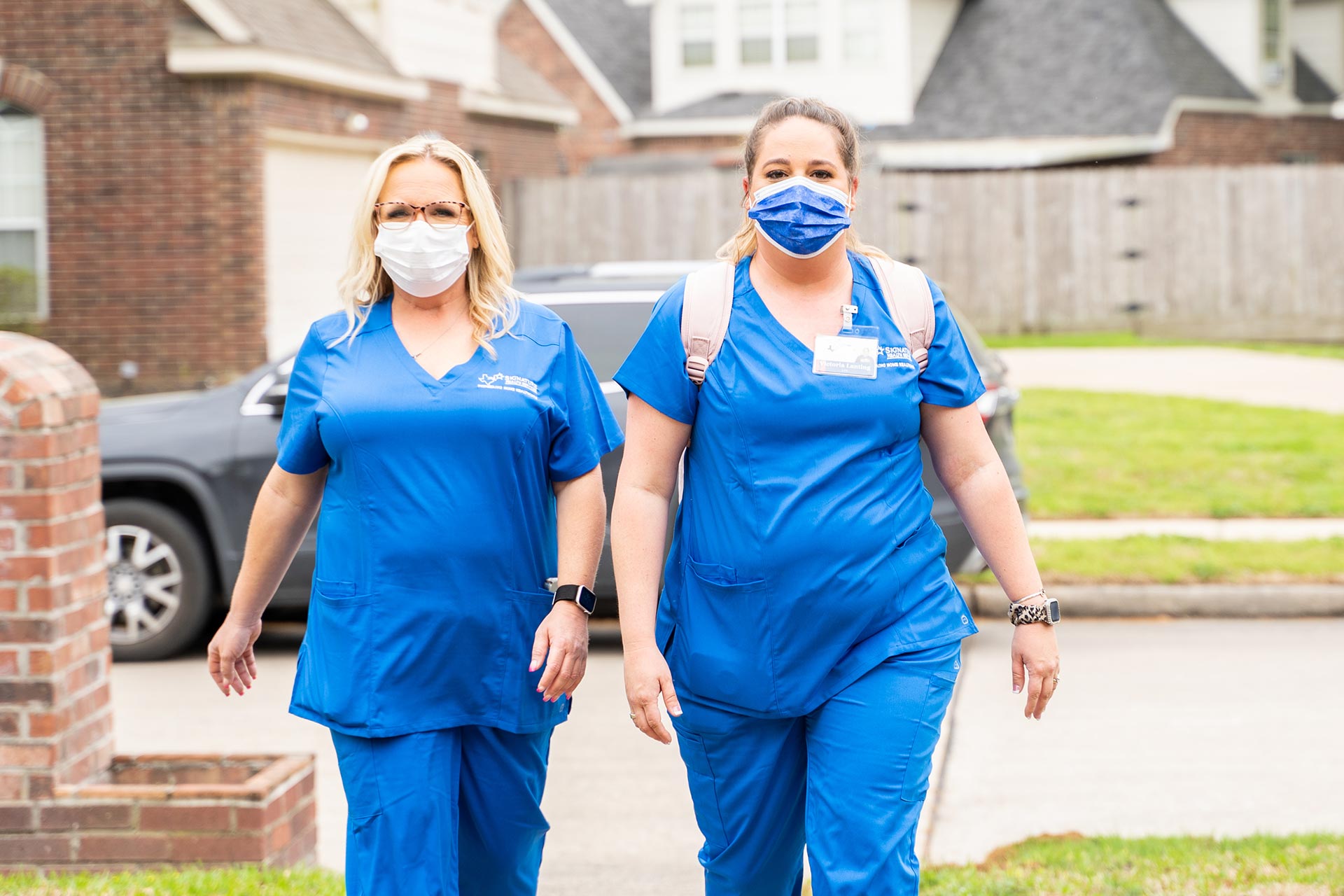September is recognized as Prostate Awareness Month, a time dedicated to educating men and their families about prostate health, early detection, and treatment options. As one of the most common cancers affecting men worldwide, prostate cancer awareness plays a vital role in saving lives through knowledge, screenings, and timely care.
The American Cancer Society reports that about one in every eight men will be diagnosed with prostate cancer during their lifetime. It is currently the second most common cancer in men in the United States, following skin cancer. Because prostate cancer often develops without early warning signs, focusing on prostate health awareness encourages men to stay proactive about their health, talk openly with healthcare professionals, and benefit from advances in treatment.
Understanding the Prostate and Its Role
The prostate is a gland the size of a walnut located in front of the rectum and under the bladder. Its primary function is to produce the necessary fluids to transport sperm. While small in size, changes in this gland can lead to significant health challenges.
September Prostate Cancer Awareness Month means not only understanding the risks of cancer but recognizing the importance of general prostate health as well. Other conditions like prostatitis and benign prostatic hyperplasia (BPH) can cause discomfort and affect quality of life, even if they are not cancerous.
What Is Prostate Cancer?
It develops when abnormal cells grow without control in the prostate gland. Some cases progress slowly and may not cause major harm, while others can be aggressive and spread quickly to other parts of the body. Due to this variability, early detection through screening is crucial for effective treatment.
Common Symptoms of Prostate Cancer
In its early stages, it might not produce noticeable symptoms, which makes regular screenings so important. When signs do appear, the most recognized symptoms for prostate cancer include:
These symptoms may also be related to BPH or prostatitis, so seeing a healthcare professional for an accurate diagnosis is crucial.
Risk Factors for Prostate Cancer
Several factors can influence a man’s likelihood of developing prostate cancer:
While some risk factors cannot be changed, healthy lifestyle choices can support prostate health and may help reduce overall risk.
Treatments for Prostate Cancer
Regarding treatments for prostate cancer, the approach depends on the stage, aggressiveness, and overall health of the patient. Common treatment paths include:
Thanks to medical advances, survival rates for prostate cancer are high when detected early, but aggressive cases can still be life-threatening.
Other Prostate Conditions
Not all prostate problems are cancerous, but they still affect men’s health and well-being:
Both conditions require medical attention to manage symptoms and prevent complications.
The Importance of Prostate Health Awareness
National Prostate Health Month is a reminder that prostate care is about more than just cancer prevention. Men are sometimes reluctant to discuss urinary or sexual health problems due to embarrassment, which can lead to late diagnoses and more complex treatments. Awareness campaigns encourage men to break this silence, prioritize their well-being, and seek medical advice early.
Screenings like the Prostate-Specific Antigen (PSA) test can detect potential issues before symptoms arise. While not perfect, PSA testing remains a valuable tool for identifying cancers at an earlier, more treatable stage.
The Role of Home Nurses and Therapists in Prostate Health
For men dealing with prostate conditions, home nursing and therapy services provide essential support that extends beyond medical treatment. Home health professionals play several roles:
Having professional support at home often reduces the need for hospital visits and helps patients feel more comfortable during their recovery.
Taking Action During September Prostate Cancer Awareness Month
Awareness is only meaningful when it leads to action. During prostate cancer month, men are encouraged to:
- 1
Schedule a Screening – Men over 50, as well as those younger with a family history or risk factors, should discuss the PSA test with their physician.
- 2
Adopt Healthy Habits – A diet rich in fruits, vegetables, lean proteins, and whole grains, along with regular physical activity, supports overall wellness.
- 3
Stay Informed – Keeping up with up-to-date information on prostate health helps men and their families make better decisions.
- 4
Communicate with Healthcare Providers – Open discussions about symptoms or concerns can lead to early interventions and better outcomes.
- 5
Support Awareness Campaigns – Community events and advocacy programs during September bring men together to learn, share experiences, and encourage preventive care.
Prostate Awareness Month highlights the importance of prostate health for every man. From early detection to modern treatments, outcomes for prostate cancer continue to improve, but awareness and proactive care remain critical. At Signature Health, our nurses and therapists play a vital role in supporting patients through medical care, education, rehabilitation, and emotional support.
By acknowledging the importance of prostate cancer awareness during September, men can take meaningful steps toward protecting their health, families can become better informed, and communities can help reduce the stigma surrounding prostate issues. Early action, guided support, and open conversations are among the most powerful tools available for improving prostate health outcomes.
Call Signature 24/7 at 1 (800) 277-8291 for excellence in skilled and compassionate home health care.

Your Complete Home Health Care Solution!
ALWAYS ON CALL
| Monday – Sunday | 24 / 7 |
1 (800) 277-8291 (option 1)
COUNTIES SERVED
OUR VALUES
TESTIMONIALS

I love all of my home health people.

All Signature staff as well as therapy were very helpful.

Their services have always been great.

I really love my physical therapist. Gary has helped me so much.

This has been one of the best agencies. Very caring nurses.

I’ve had a really good physical therapist and really nice nurses.

I have had excellent care & would recommended them to anyone.

Gary Dixon is the very best physical therapist in Baytown and Houston Area.



